Protect every child, say no to lead poisoning!
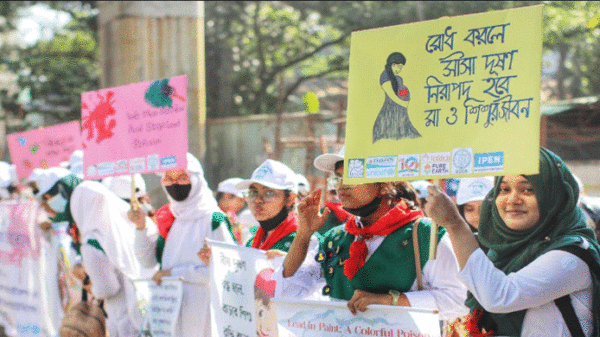
- International Lead Poisoning Prevention Week 2022
Staff Reporter Dhaka : On the occasion of International Lead Poisoning Prevention Week 2022, the youth of Bangladesh demanded a ban on lead paint production in Bangladesh through a human chain in front of the national press club. The air of the place was abuzz with the slogan ‘Say No to Lead Poisoning’, the theme of this year’s International Lead Poisoning Prevention Week – ILPPW. Environment and Social Development Organization-ESDO in collaboration with DGHS, Icddr’b, IEDCR, UNICEF, and Pure Earth organized the human chain alongside a rally on 22nd October to ban all leaded paint in Bangladesh and for the proper implementation of the existing law.

Around 120 volunteers from Girls’ Guide and different universities joined the cause and shout out to ban all leaded paint in Bangladesh. The human chain was formed in front of the National Press Club and eventually moved as a rally towards the High Court, Shishu Academy and ended at Shaheed Minar again with a Human Chain.

The event also consisted of representatives from the Government, Pure Earth, UNICEF and journalists from different print and electronic media.
Lead paint is a major source of potential lead poisoning for young children. The neurological, cardiovascular, gastrointestinal, and haematological systems are most affected by the toxicant lead, which is well acknowledged to have negative effects on health. Young children are especially vulnerable because they are exposed to lead at higher rates than adults and this affects their growing brains, which might result in diminished intellectual ability.
The International Lead Poisoning Prevention Week of Action, co-led by the World Health Organization (WHO) and UN Environment Program – UNEP, was established to raise awareness of the widespread availability of lead paint. Every year, the last week of October is observed as International Lead Poisoning Prevention Week (ILPPW). this year marks 10 years of lead paint eradication efforts. This year’s theme “Say no to lead poisoning” acknowledges the increased urgency of action required to get rid of all sources of lead exposure.
ESDO has been working for the specific regulation of lead-free paint in Bangladesh and thus, has been conducting policy advocacy since 2010. In line with this ESDO has conducted studies, paint sample analyses, and awareness campaign, and ultimately prepared a draft regulatory framework and submitted it to the Department of Environment (DoE). As a result, in 2018, Bangladesh Standard and Testing Institute (BSTI) finalized a standard for the paint manufacturing industry setting the limit of harmful lead content for household paint at a maximum of 90 ppm (parts per million).
According to WHO “Children are more likely to be exposed to lead through the ingestion of dust and flakes from decaying lead-based paint, which affects their brains development and intelligence. According to the estimates, lead exposure in youngsters causes 600,000 new cases of intellectual disability each year.”
The youngsters at the human chain shouted out in protest “We want to grow up in a toxic-free environment,”. “We don’t want to live in a setting that is contaminated by harmful heavy metals like lead”. To make Bangladesh lead-free, everyone should be aware of it and take appropriate action”.













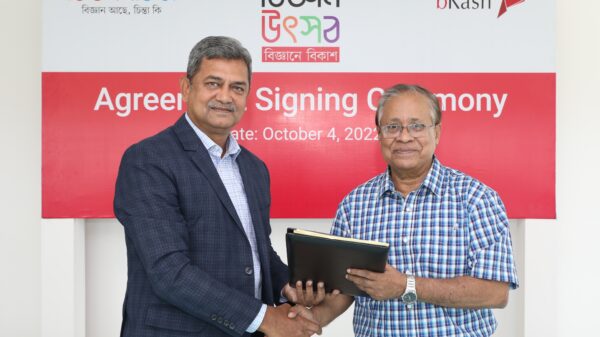
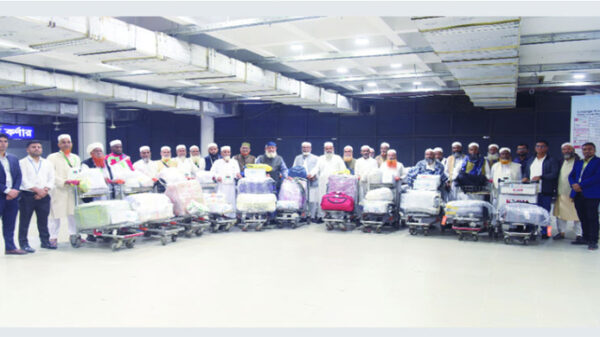


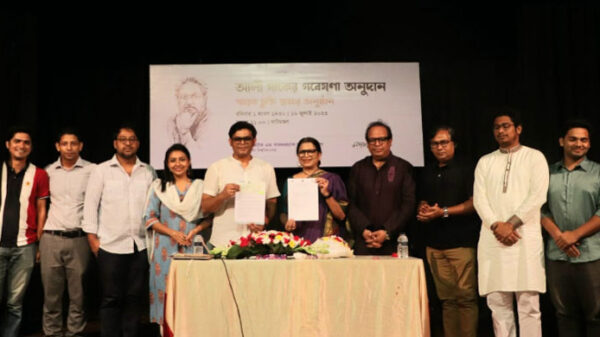
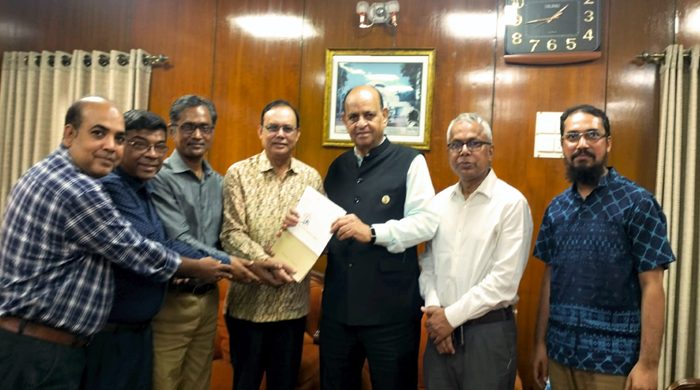
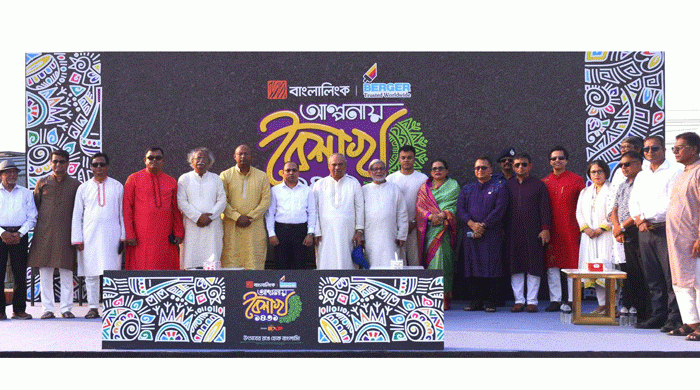

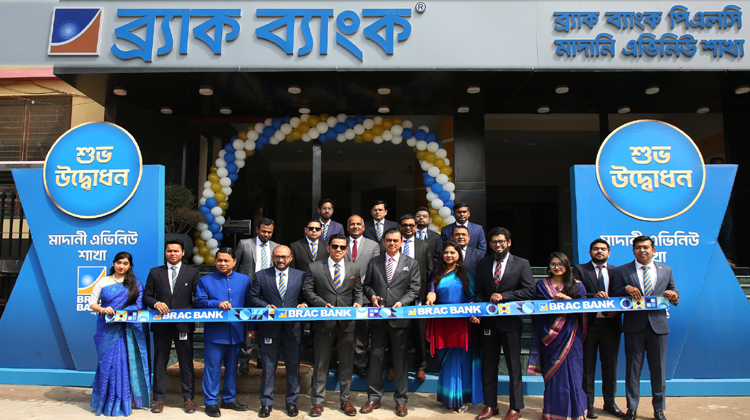
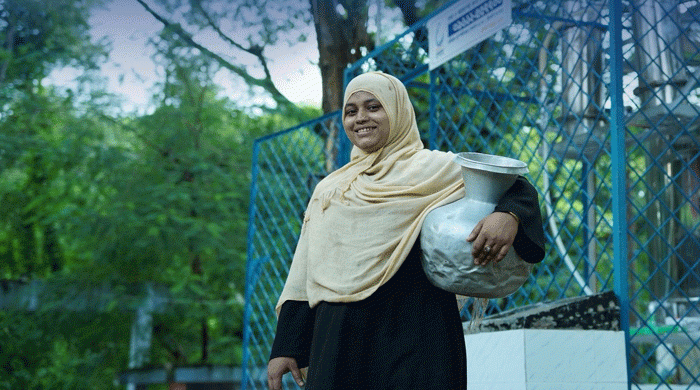
 Chief Editor :
Md. Shohel Rana
Chief Editor :
Md. Shohel Rana